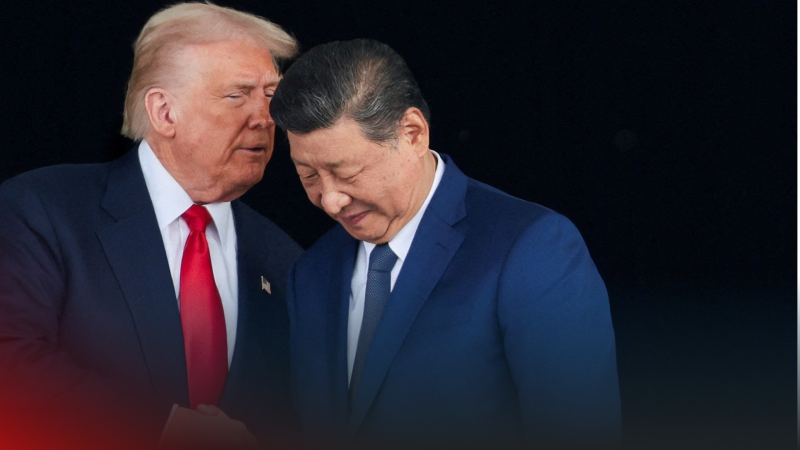Copyright ghanaguardian

The Commission on Human Rights and Administrative Justice (CHRAJ) has barred former Commissioner-General of the Ghana Revenue Authority (GRA), Dr. Ammishaddai Owusu-Amoah, from holding any public office for five years after finding him guilty of corruption, fraud, and procurement irregularities during his tenure. The decision, dated October 29, 2025, follows a two-year investigation initiated after a complaint filed by the Movement for Truth and Accountability (MFTA) on August 16, 2022. The civil society group accused Dr. Owusu-Amoah of overseeing irregular vehicle and logistics procurements from Ronor Motors Ghana Ltd, Telinno Ghana Ltd, and Sajel Motors and Trading Company Ltd. According to the complaint, the transactions were marred by several breaches: Inflated prices: Vehicles purchased from Ronor Motors were allegedly overpriced despite being procured in bulk. Dubious contractors: Telinno Ghana Ltd and Sajel Motors were reportedly untraceable at their stated business addresses, casting doubt on their operational capacity. Portions of these contracts were later cancelled by the GRA in June 2022. Tax evasion: The companies allegedly failed to remit statutory taxes such as NHIL, GETFund, COVID Levy, and VAT, resulting in losses amounting to millions of Ghana cedis. He added that the Public Procurement Authority (PPA) had duly vetted and approved the transactions in September 2021, but supply chain disruptions caused by COVID-19 delayed delivery. The incomplete portions of the contracts, he noted, were later cancelled, with CFAO Ghana Ltd contracted to provide replacement vehicles. CHRAJ, however, concluded that Dr. Owusu-Amoah breached key provisions of Ghana’s procurement and anti-corruption laws, undermining transparency and accountability in public office. The Commission’s ruling bars him from holding any public position for five years, marking one of the most high-profile accountability decisions in Ghana’s public sector in recent years. The outcome, according to CHRAJ, reinforces the state’s commitment to upholding integrity, ensuring value for money, and deterring abuse of office within public institutions.



